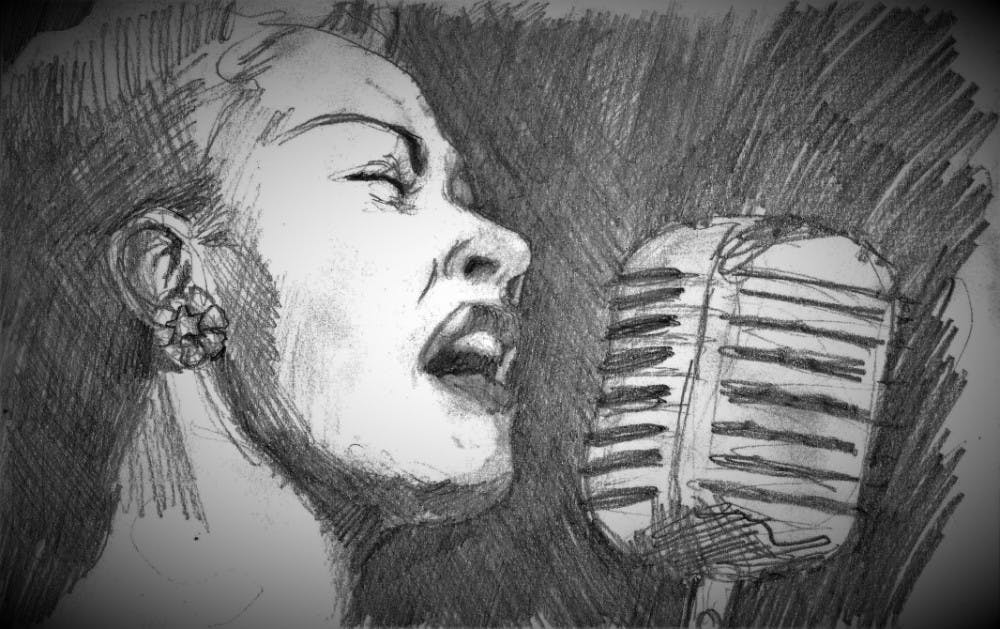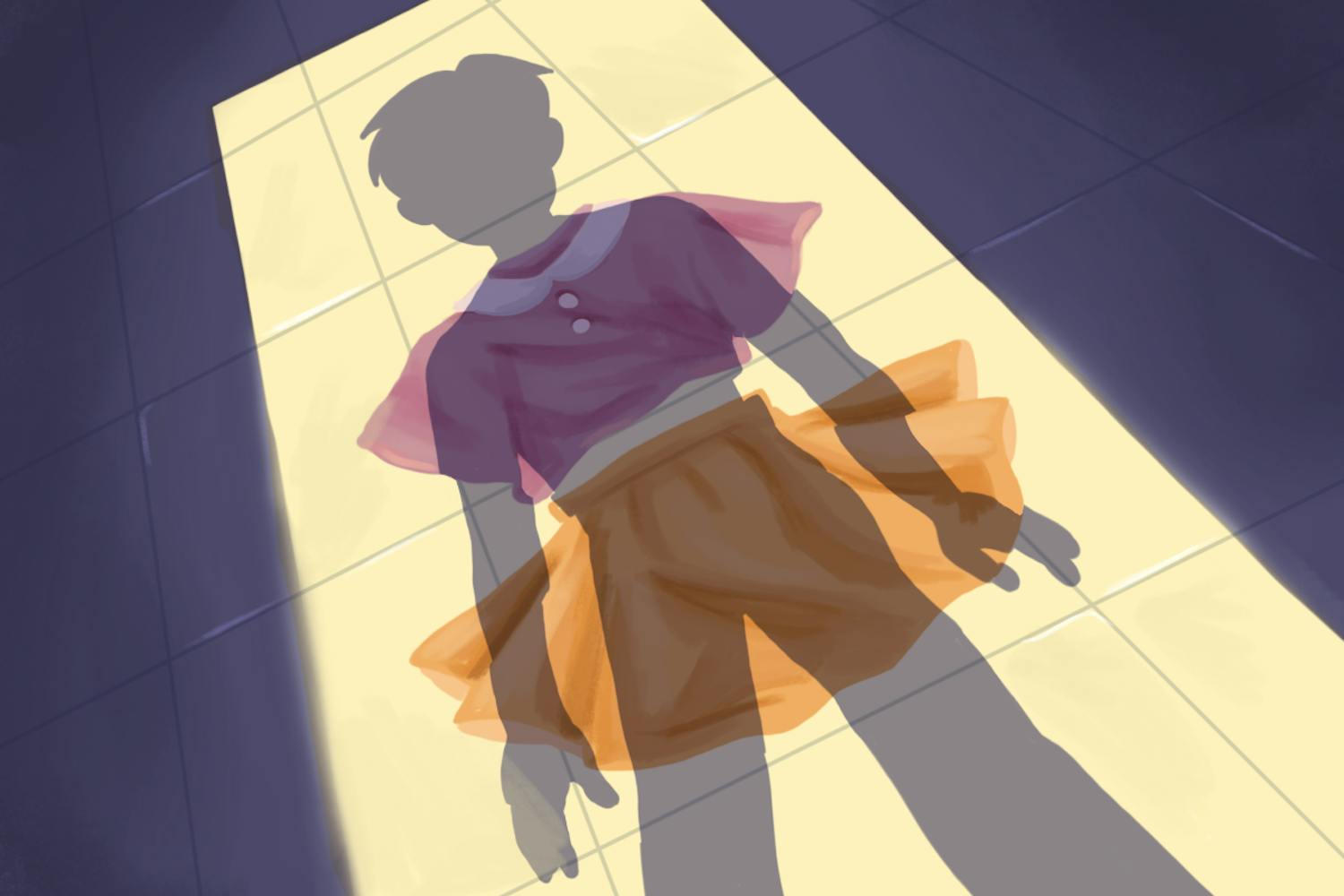While Billie Holiday may be compared to other female singers in jazz, to one ASU professor, a brief stint in a Catholic convent put Holiday on a different trajectory than many of her contemporaries.
“Many of the women that she was compared to came out of a black church tradition, a Pentecostal, or holiness, or Baptist church tradition," but Holiday did not grow up attending any of those churches, said Tracy Fessenden, the interim director at the School of Historical, Philosophical and Religious Studies and a Steve and Margaret Forster professor at the school.
Fessenden is the author of “Religion Around Billie Holiday,” a book that seeks to determine how the religious climate of the early 20th century and Holiday's specific religious upbringing influenced her music.
The book is part of a larger series called “Religion Around," which was started by Peter Kaufman at the University of Richmond and aims to encourage readers to view figures not traditionally depicted as religious within a particular lens.
“The premise of the series is that we can learn both about religion and about iconic figures in the arts and culture (community) by looking at the religious environments in which they moved," Fessenden said. "This doesn't preclude us from thinking about their own personal religious life, whatever there was of it, but it fits the frame a little bit differently.”
Fessenden's book will be the focus of the February meeting of the ASU Book Group, which will be held on Feb. 27 at the Piper Writers House on the Tempe campus and feature discussion with the author.
The ASU Book Group meets on the last Wednesday of every month from noon to 1 p.m. at the Piper Writers House and welcomes all new members of the ASU community. In the past they’ve featured such authors as Laura Tohe, Sally Ball and Bill Konigsberg.
Judith Smith, a retired employee who worked with ASU Media Relations, founded ASU Book Group eight years ago with one goal in mind:
“To bring fabulous ASU writers to the community and to give the ASU community a chance to meet them in person," Smith said.
“Before I retired I got to interview many faculty, staff and alumni who had written very interesting books," she said. "I thought, ‘Wouldn't it be nice if the whole ASU community could read these books and meet the authors?’”
The February selection for the ASU Book Group will focus on the roles religion can play in musicians' music, and how meanings can be molded around different religious or spiritual forces, specifically in Holiday's music.
Holiday, who was baptized Catholic, learned to sing during her stay at the House of the Good Shepherd for Colored Girls convent, Fessenden said.
A figure well-known for her troubled upbringing and tragic demise, Holiday’s time in the convent taught her to view things a certain way, said Fessenden.
“She learned to think about her circumstances and think about her fate," she said. "She (thought) about things she had weathered in a particular lens which I would call a spiritual lens.”
Fessenden said her book and overall "Religion Around" series allows readers to view figures who might not be typically recognized as religious figures in the religious worlds they found themselves in.
"(Holiday's) focus on her art was not a rejection of politics," Fessenden said. "It was a way of being and it was a way of being in the very fraught circumstances she found herself in."
While Holiday's sound may had been informed by her particular religious upbringing, religion has a longstanding history with music, said Michael Rubinoff, a member of the faculty at the College of Leadership and Interdisciplinary Studies.
"They're a part of each other, but they're not necessarily inextricably linked,” Rubinoff said, referencing religion and music.
But what helped further separate Holiday's sound from that of other artists was her unique blend of rhythm and blues and jazz.
“It was the improvisation, you could just do your own thing," Rubinoff said. "And that's what sets jazz apart and continues to in the present day.”
Reach the reporter at snalcan1@asu.edu or follow @SarahAlcantar on Twitter.
Like The State Press on Facebook and follow @statepress on Twitter.




